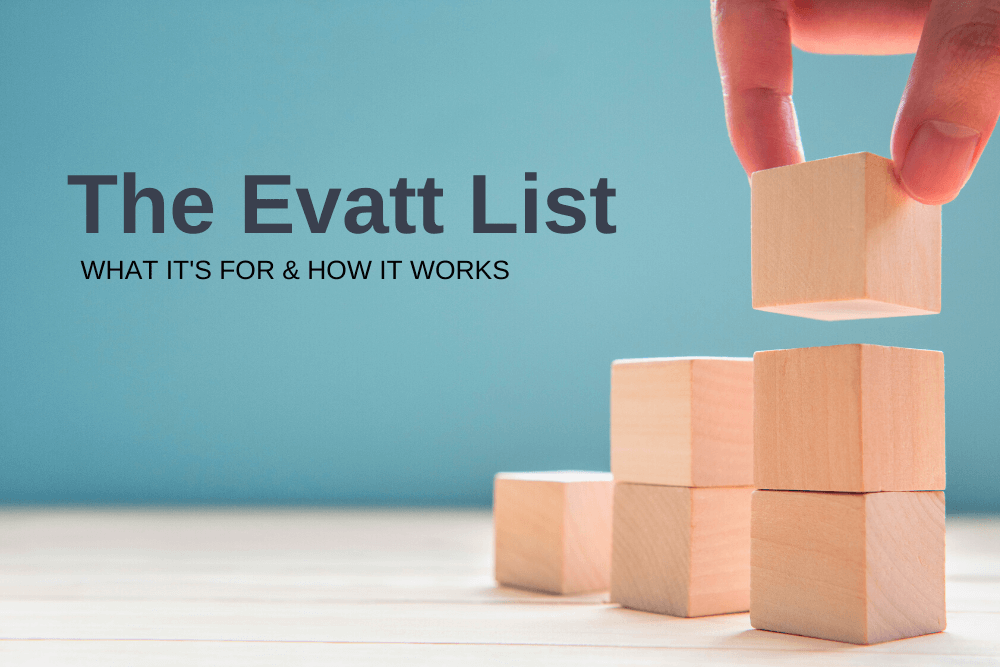
What is the Evatt List?
The Evatt List was created to help protect families and individuals at high risk of family violence or other serious and significant risks as their matter progresses through the legal system.
It is essentially a specialist list of cases, which are assigned, managed and overseen by a highly qualified select group of Judges, Senior Judicial Registrars, and Court Child Experts trained in handling high-risk cases.
The aim of the Evatt List is to minimise the risk of further trauma or violence to those who are at risk or vulnerable by providing specialised resources and support, minimising the number of court hearings and responding to their needs as efficiently and effectively as possible.
How does a matter get placed on the Evatt List?
For a matter to be placed on the Evatt List, an application for parenting matters must be filed with the Family Court, and a Family Detection Of Overall Risk Screed (DOORS) Triage Risk screening questionnaire must be completed online. A Triage Counsellor then reviews the case and allocates it to the Evatt List if it is deemed ‘high risk’.
What are the advantages or benefits of being on the Evatt List?
Cases on are handled by a specialist team trained in working with families who are at high risk or trauma or harm. The Evatt List:
- Allows parenting orders to be made ‘behind closed doors’ before the first court hearing, based on an independent family assessment by a Court Child Expert.
- Aims to finalise matters within 9 to 12 months.
- Allows for the immediate appointment of an Independent Children’s Lawyer to represent the child’s best interests.
What to expect if your matter has been placed on the Evatt List
If your case is placed on the Evatt List, it is likely it will take up to 12 months for it to go to trial. This is because there are a number of steps that need to be worked through before it can be heard by a Judge:
1. First court hearing
Your first court hearing will usually occur within 6 to weeks of your case being placed on the Evatt List and any ‘behind closed doors’ order being made. Its purpose is to consider the procedural requirements and determine the case management approach moving forward.
2. Interim hearing
Approximately 10 to 12 weeks after your case is placed on the Evatt List, an Interim Hearing will be held to address any urgent issues and identify further information required to progress your case.
3. Case Management and review
After 6 to 8 months, the court will review how your matter is progressing. It will look at the progression of any interim orders, how effective any dispute resolution activities have been, opportunities to resolve the matter without going to trial and determine the next steps.
4. Compliance and Readiness Hearing
Within 10 months of being listed, your case will be listed for a Compliance and Readiness Hearing. Its purpose is to allocate a date for the trial and make any necessary directions for it.
5. Final Trial
Your case will go to trial and be heard by a judge within 12 months of your case being placed on the Evatt List.
Where can I get legal advice?
If you are experiencing family violence and need legal advice, the team at Lakey Family Law are here to help – simply contact us for an initial, obligation-free chat.
We have extensive experience in this area and approach all matters with understanding, compassion and professionalism.




